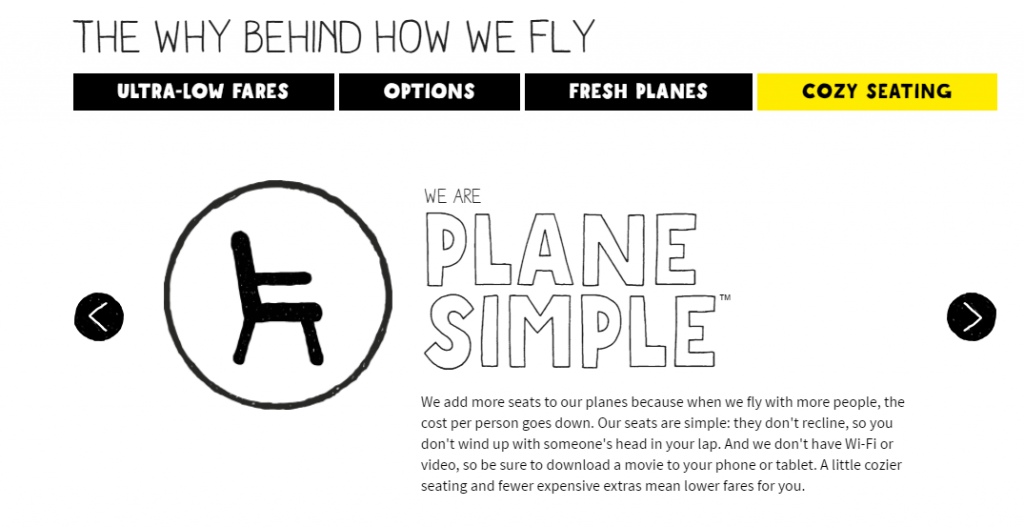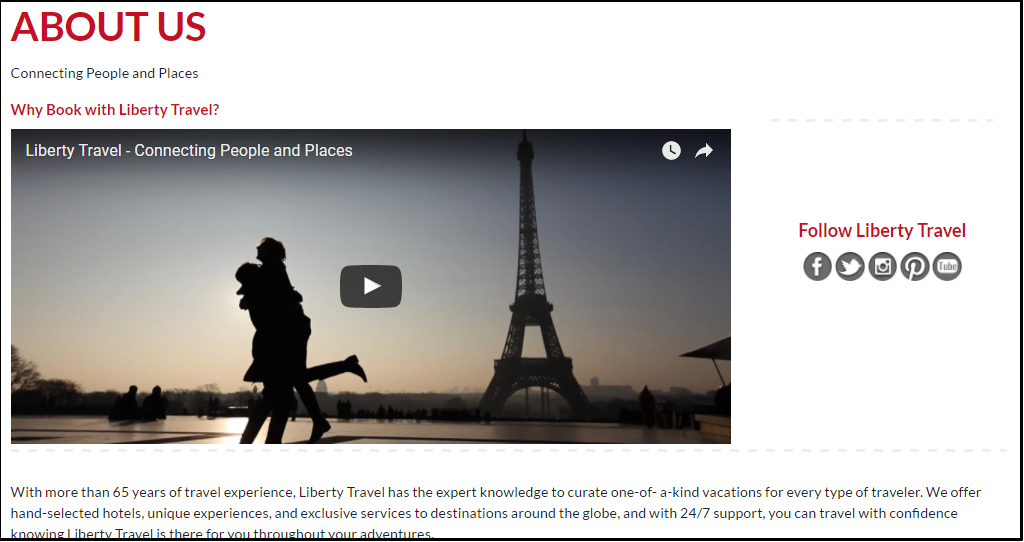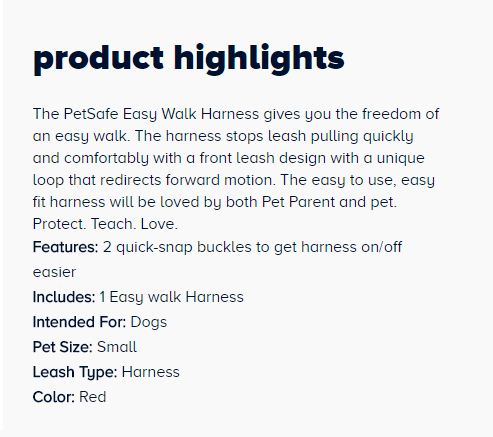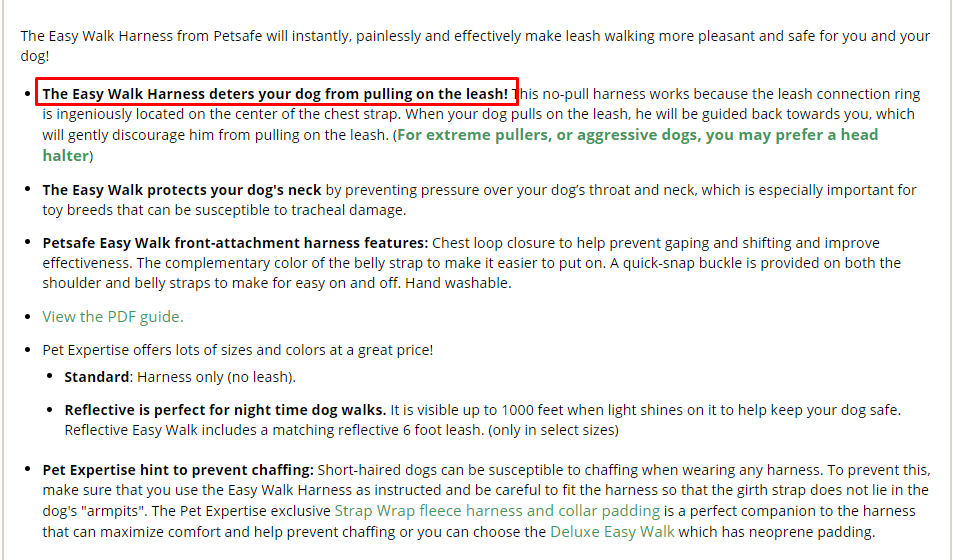
Everybody likes to think their business is different from their competitors, and there’s no doubt it’s true. Every company has different leadership, different employees, and different strategies. But that often isn’t enough of a differentiation.
And even when you can come up with a unique enough distinction between you and your competition, how does that translate into your products and services?
There are many companies that can’t compete on this level. Books and DVDs are almost universally the same, regardless of where you buy them. Though, that’s becoming less true as many outlets are putting out exclusive versions of their products. Hey, it’s something!
But most businesses can create a differentiator from their competitor, not just in how they do business, but in the products and services they sell. Doing so requires more than simply offering your product for sale, however. It involves looking deeper into how you can make what you offer unique.
Here are three ways that can help you do just that:
- Your approach: Every product comes with some sort of description. Especially online. You need to provide the shopper with whatever information they need to make a good purchasing decision. Make sure to write your content from the customer’s vantage point. You’re not selling a product or service but rather a solution. Take for example these two descriptions for the same dog leash from two different retailers. They both mention that the product stops leash pulling, but the second one more clearly states in bold that it stops your dog from pulling on the leash.
Rather than trying to solve all problems, focus in on one. Or at least one at a time on your site. Provide enough detail to cover why your product is specifically qualified to provide the solution to that specific problem.
- Product / Service Quality: Some products don’t sell on quality but rather on price. But even bargain hunters expect there to be some aspect of quality to the product or service they are buying. Address the quality of what you offer head on. If it’s low quality, explain why. Spirit Airlines, for example, makes no bones about the fact that their seats are simple and are packed in, but they explain that’s one of the ways they keep costs down.
 If you do offer exceptional quality, make sure you address this in great detail. While the price doesn’t have to reflect on the quality, if you do have a higher price point you do need to convince your visitors that it’s worth it.
If you do offer exceptional quality, make sure you address this in great detail. While the price doesn’t have to reflect on the quality, if you do have a higher price point you do need to convince your visitors that it’s worth it. - Your Difference: Take the elements of what makes your company different and tie that into the value of your products and services. It’s not so important that you’ve been in business longer than anyone else. Explain instead why that translates to better products or services like Libary Travel does on their website, explaining how their experience helps them “curate one-of-a-kind vacations.”
 If you have staff with particular areas of expertise, use that to tell how that produces a better result than the next guy.
If you have staff with particular areas of expertise, use that to tell how that produces a better result than the next guy.
People shop for products and services, but ultimately they buy into the company. But you can’t sell them on the company without selling them on what you offer at the same time. Since shoppers need both, tie them together. Let your customers see not just your company strengths but your strengths as seen through the products and services you sell. Do this and you won’t have to answer the question, “what makes you different?” It will already be obvious.


